Search
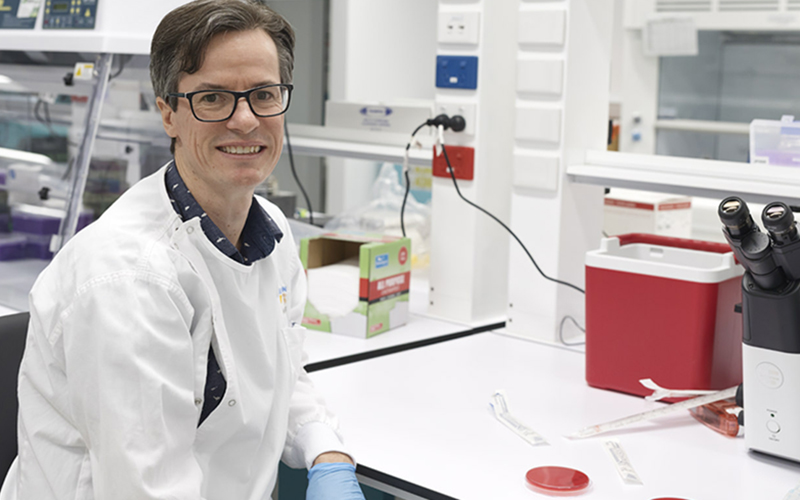
News & Events
WA Health funding supports development of rapid test for antibiotic-resistant skin infections in Aboriginal childrenA rapid test to detect antibiotic-resistant skin infections in Aboriginal children could be a step closer, thanks to support from the FHRIF.
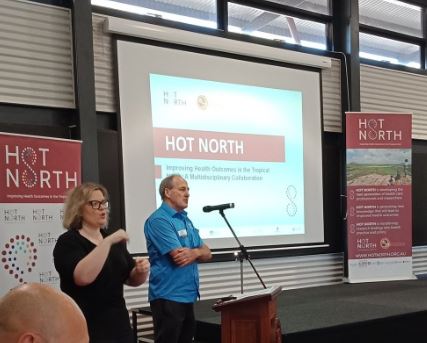
News & Events
Expert researchers converge on Broome to tackle health challenges in Northern AustraliaOver 100 researchers and health professionals from around Australia have united in Broome this week to address the major health battles facing people living in the tropical north of the country.
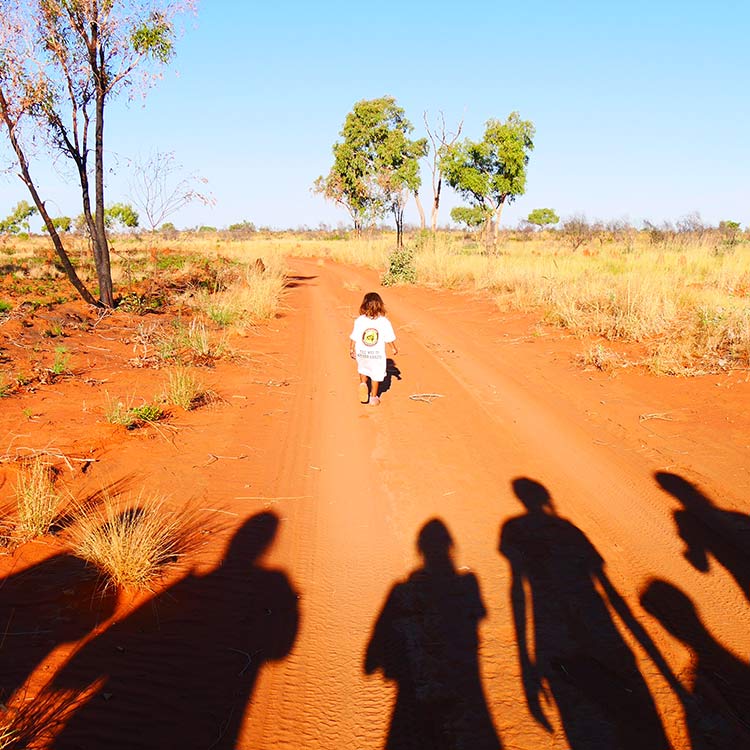
News & Events
Top scientist recruited to WA for HOT NORTH FellowshipThe Kids has recruited Dr Timothy Barnett to embark on a Fellowship to help close gaps in health outcomes between Indigenous and non-indigenous kids
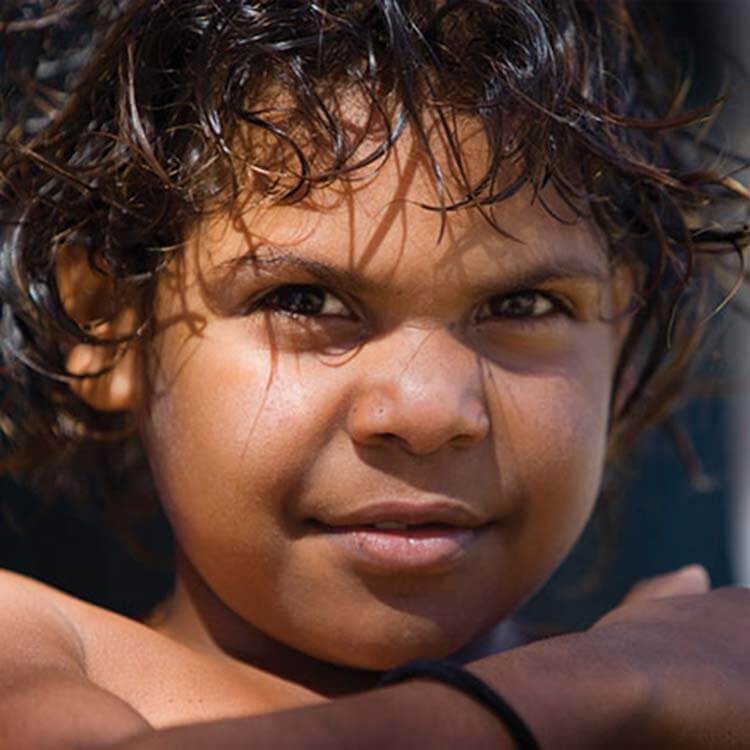
News & Events
$1 million funding boost to help Aboriginal kids with skin infectionsThanks to a $1 million funding grant, Dr Asha Bowen from The Kids Research Institute Australia is on track to change Aboriginal children's skin infection statistics.
Research
The Koolungar (Children) Moorditj (Strong) Healthy Skin Project Part I: Conducting First Nations Research in Pediatric DermatologyIntegrating First Nations knowledge systems and Western research methodologies recognizes the strength, experience, and insight of First Nations peoples in addressing health issues in their communities. In research, this includes projects being led by First Nations Elders and peoples, including First Nations researchers in the team, and collecting data in ways that reflect First Nations ways of knowing, being, and doing.

News & Events
Four BrightSpark Fellowships awarded to early-career researchers at The KidsCongratulations to four outstanding early-career researchers from The Kids Research Institute Australia, who have been awarded BrightSpark Foundation fellowships and project funding for 2026.
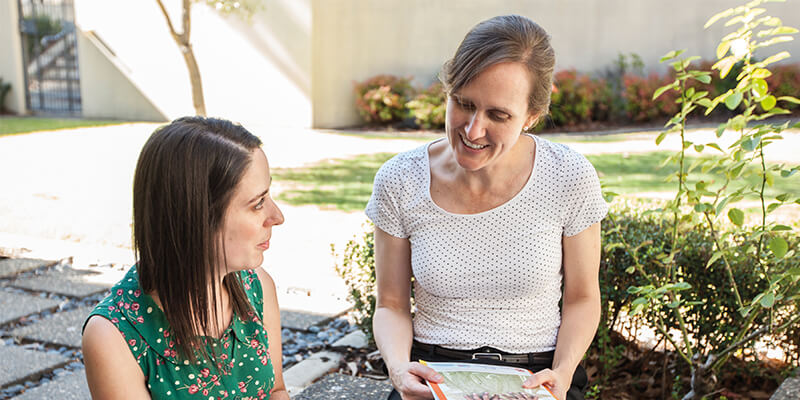
News & Events
New national guideline set to tackle skin infectionsWhen health organisations in the north-west of WA requested urgent action to address the region’s high rate of skin infections, Dr Asha Bowen answered the call.
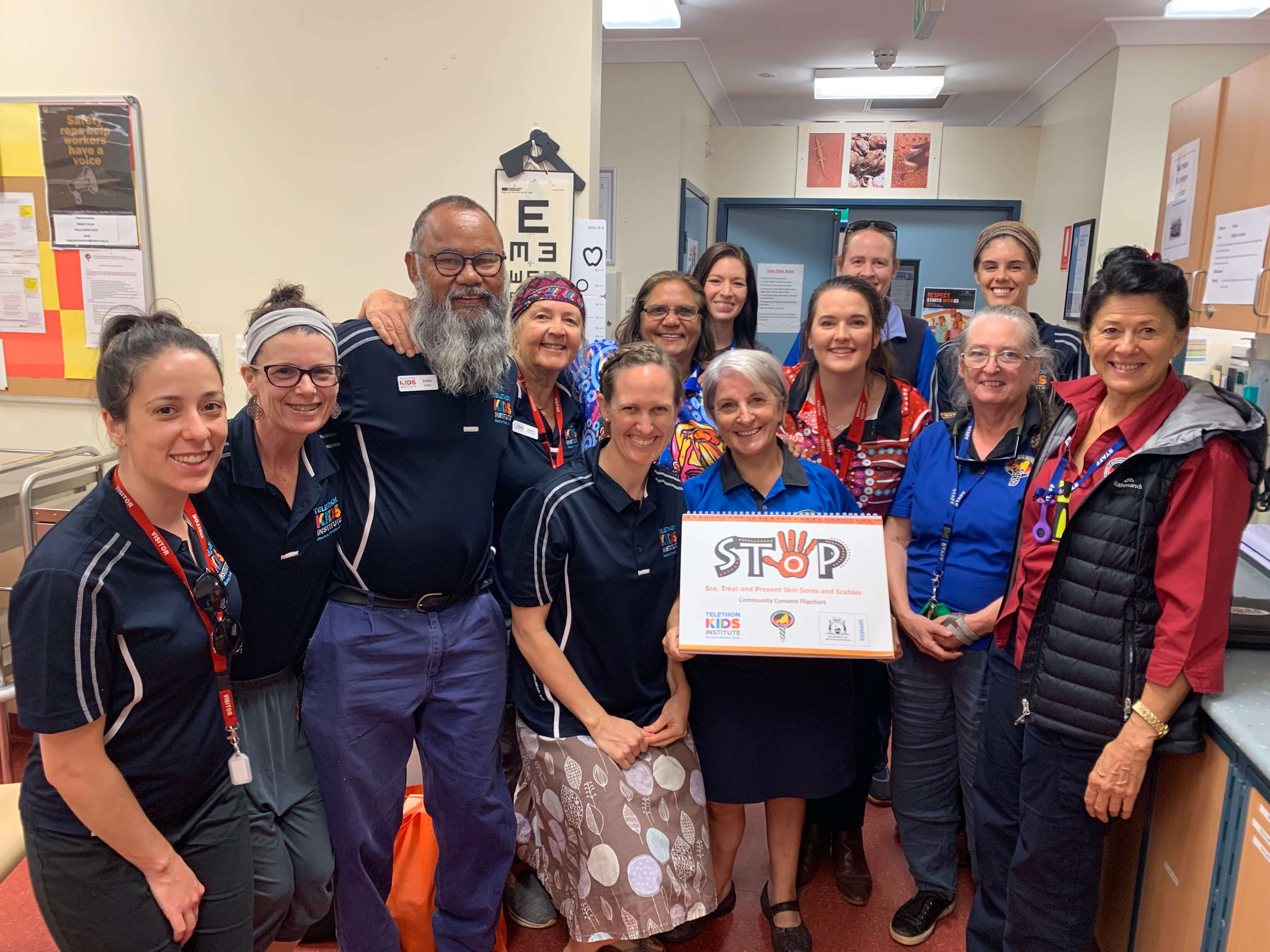
News & Events
Round one done, eight to go for the SToP TrialSix weeks, nine community visits and 380 kids – it’s a wrap for round one of the StoP Trial!

News & Events
Telethon supports vital child health research projectsThe generous support of West Australians through Channel 7’s Telethon Trust will help support crucial child health research at The Kids Research Institute Australia in 2022.

News & Events
Skin infections send eight out of every 100 Aboriginal babies to hospitalIn a WA first, researchers from The Kids Research Institute Australia have shown that Aboriginal babies are 22.5 times more likely to be treated for skin infections than non-Aboriginal babies.
